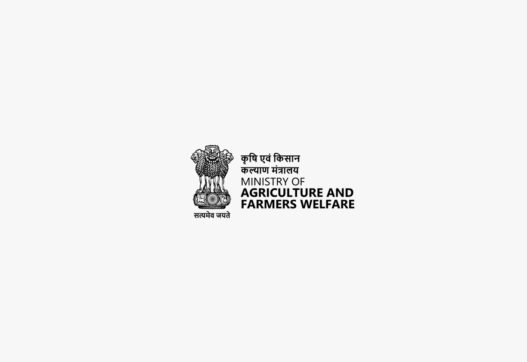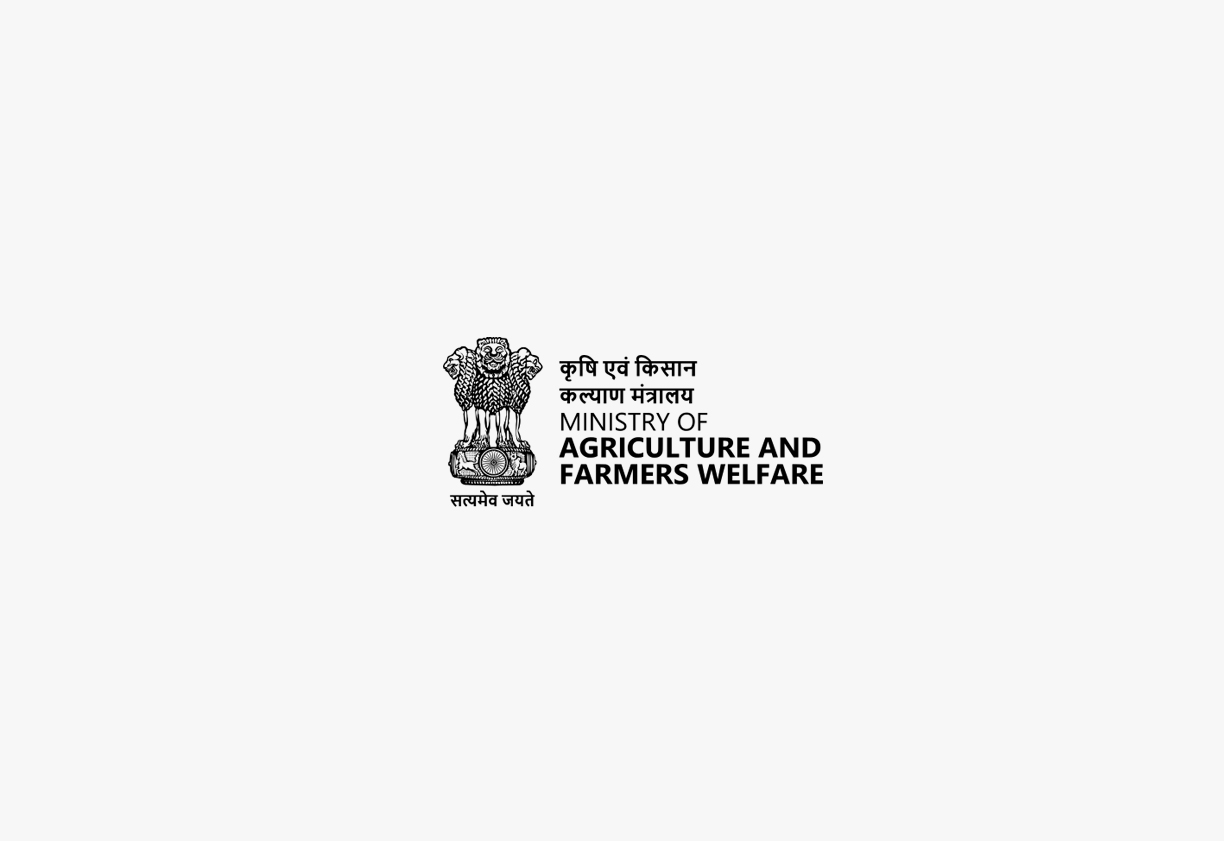Ministry of Agriculture and Farmers Welfare
The Agricultural Produce (Grading and Marking) Act, 1937, is a significant piece of legislation in India that provides for the grading and marking of agricultural produce. This Act aims to ensure the quality and purity of agricultural products, promoting fair trade practices and protecting consumer interests. This article provides a summary of the Act, highlighting its background, key provisions, and penalties.
1. Act Background and Ministry:
-
Background: The Agricultural Produce (Grading and Marking) Act, 1937, was enacted to provide for the grading and marking of agricultural and other produce. It aims to standardize the quality of agricultural products and facilitate their trade by establishing a system of grade designations and marks.
-
Ministry: The Act is primarily administered by the Ministry of Agriculture and Farmers Welfare, Government of India.
2. Enactment Date, Number of Chapters, Number of Sections:
-
Enactment Date: The Act was enacted on February 24, 1937.
-
Number of Chapters: The Act is divided into seven chapters.
-
Number of Sections: The Act contains 6 sections, with some sections having sub-sections and amendments.
3. Act Governed By:
The Act is primarily governed by the Central Government, which has the power to prescribe grade designations and make rules for their implementation. The State Governments also have a role in enforcing the provisions of the Act within their respective jurisdictions.
4. On Whom It Is Applicable:
The Act applies to:
-
Producers of Agricultural Produce: Individuals or entities producing agricultural or horticultural products.
-
Processors of Agricultural Produce: Individuals or entities involved in processing agricultural products.
-
Packers and Sellers: Individuals or entities involved in packing, labeling, and selling agricultural products.
-
Authorized Persons: Individuals or bodies authorized to mark agricultural produce with grade designation marks.
-
Adjudicating Officers: Officers appointed to inquire into and impose penalties under the Act.
5. Penalties/Punishments:
The Act prescribes various penalties for offenses related to grading and marking of agricultural produce, including:
-
Unauthorized Marking: A fine not exceeding ₹5 lakh for marking any scheduled article with a grade designation mark without authorization.
-
Counterfeiting: A fine not exceeding ₹3 lakh for counterfeiting any grade designation mark.
-
Selling Migrated Articles: A fine not exceeding ₹3 lakh for selling migrated articles.
-
Contravention of Rules: A fine which may extend to one thousand rupees for any breach of rules made under the Act.
-
Enhanced Penalties: Enhanced penalties may be imposed for subsequent contraventions.
6. Important Pointers:
-
Grade Designations: The Central Government prescribes grade designations to indicate the quality of scheduled articles.
-
Authorized Marking: The Act authorizes specific individuals or bodies to mark agricultural produce with grade designation marks.
-
Conditions for Marking: The Act specifies conditions for marking, including the type of covering, the manner of packing, and the use of grade designation marks.
-
Power to Make Rules: The Central Government is empowered to make rules for carrying out the purposes of the Act.
-
Inspection and Search: The Act empowers officers to enter premises for inspection and search.
-
Seizure of Produce: Authorized officers can seize agricultural produce if there is a contravention of the Act.
-
Adjudicating Officer: The Central Government may appoint officers to adjudicate penalties.
-
Appeal: An appeal against the order of an adjudicating officer can be made to the Agricultural Marketing Adviser.
-
Recovery of Penalty: Penalties can be recovered as arrears of land revenue.
-
Compulsory Grade Designations: The Central Government can prescribe compulsory grade designations for certain articles.
-
Schedule: The Act includes a schedule listing the agricultural produce covered under the Act.
7. Act Copy:




